"Sesame Street" was potent stuff, especially if you were a little ankle biter during the show's early days in the late '60s and early '70s. Proust can keep his madeleine. I'll take the Martians trying to figure out the telephone, and all of those insanely catchy ditties whose purpose was to teach you how to spell and count. Any of the above can zap me back to early childhood in seconds flat.
The new documentary "Street Gang: How We Got to Sesame Street" taps into this almost aching nostalgia, focusing on the show's '60s inception and '70s fruition.
After screening at the San Francisco International Festival through April 18, "Street Gang" hits theaters Friday, April 23, and on demand May 7.
The headiest moments come early in the film, as we meet the show's founding mothers and fathers, human and Muppet. The idea was both simple and radical: Put a bunch of TV creative types in a room with a bunch of educators and find a way to mix the addictive, visceral qualities of television with the important work of preschool learning. Aim for an inner-city audience (hence the "Street" in "Sesame Street"). Make it hip enough to keep the parents in the room to guide their kids through the show.
It worked better than anyone imagined. Almost immediately, "Sesame Street" was popular enough to go on tour, where Big Bird, Grover and their friends were greeted like kindergarten Beatles. Everyone from Muhammad Ali to Orson Welles sang its praises. Ratings went through the roof. Soon the adults behind the scenes were working around the clock, trying to keep up with the standard they set right out the gate.
It was a uniquely gifted crew. At the time, "Sesame Street" and Children's Television Workshop (later Sesame Workshop) co-creator Joan Ganz Cooney was the organizing force, the dynamic face of the franchise and media darling. Muppet maestro Jim Henson was the dazzling talent; he shined especially bright when he teamed with fellow puppeteer Frank Oz, the Bert to Henson's Ernie. But in many ways, the heart of the operation was Jon Stone, the melancholy but whimsical writer-director who ceded the headlines to his higher-profile colleagues. Stone does get some of the best lines of the film, including this observation of Oscar the Grouch: "Oscar is the dark side of everything."
"Street Gang," directed by Marilyn Agrelo ("Mad Hot Ballroom"), peaks a little early, even as it never stops showing why the show matters (incredibly, it's still on the air, 51 seasons since it premiered). The origin story and the early footage are dynamic and inspiring; they create a sort of organizing principle that falters a little as the film progresses."Street Gang" sticks to the first 10 years or so of the show. That means it never touches down in the age of Elmo.
Occasionally, but not often, the film pokes at a contentious but fascinating subject: those times when "Sesame Street" butted up against its own high principles. Take Roosevelt Franklin. This proudly Black Muppet was created by Matt Robinson, who played Gordon, one of the show's human characters, in the early seasons. Roosevelt Franklin turned out to be too rambunctious for some Black viewers, who made their displeasure known. The show quietly killed the character, and Robinson, none too happy, left "Sesame Street."
Such stories give "Street Gang" ballast and a little tension, qualities from the same real world that "Sesame Street" strove to reflect. Then again, early "Sesame Street" was above all a block party, which, like those catchy songs, smuggled in lessons under the cover of smarts and pure joy. "Street Gang" is a worthy celebration of a one-of-a-kind program. If you're not careful, it might leave you humming your ABCs.











